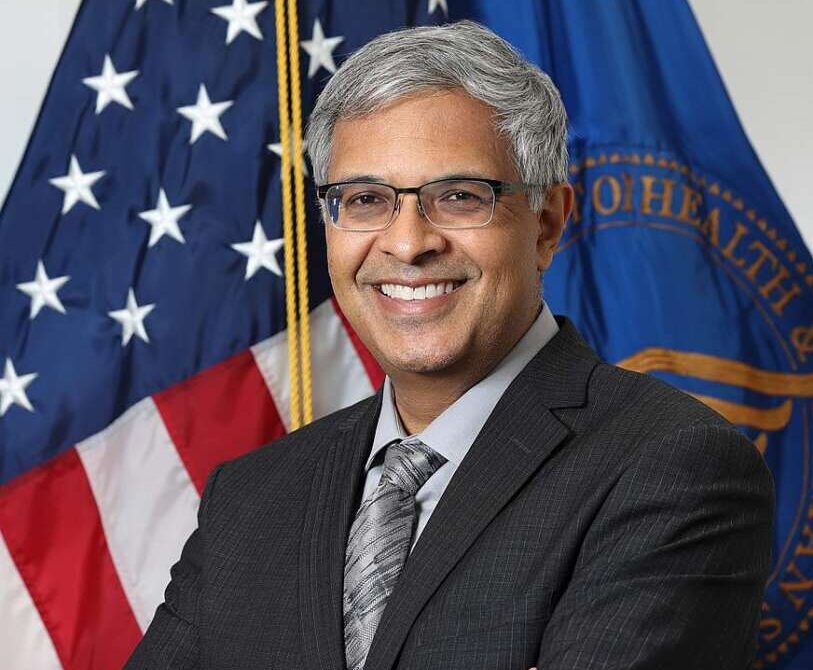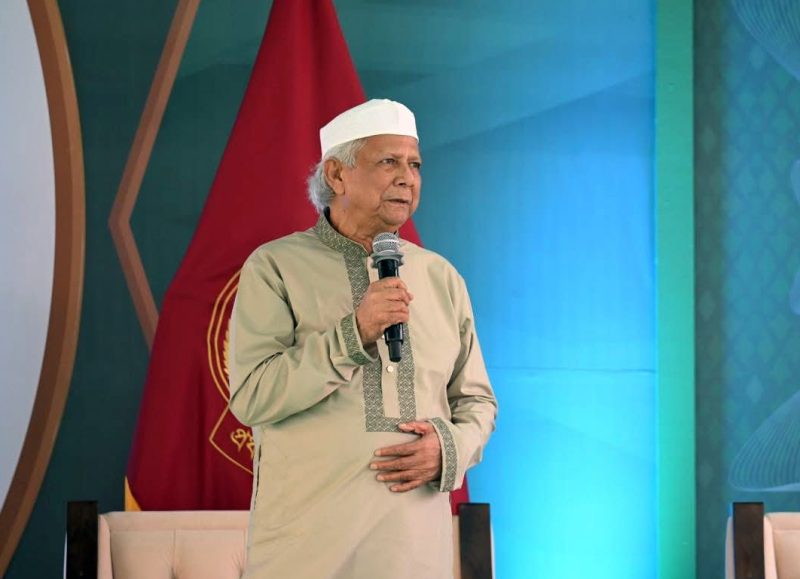Born in Kolkata, India, Dr. Bhattacharya earned both his BA and MA degrees in economics from Stanford University, followed by a doctorate in medicine and a PhD in economics from the same institution
Dr. Jayanta ‘Jay’ Bhattacharya was sworn in as the 18th Director of the U.S. National Institutes of Health (NIH) on Tuesday, marking a significant milestone in his career as he assumes leadership of the nation’s top medical research agency.
Dr. Bhattacharya, a distinguished Indian-American economist and physician, was nominated to the position in November and confirmed by the U.S. Senate on March 25. As the first to hold this position within the current administration, Dr. Bhattacharya’s appointment signals a new era at NIH, one that aligns closely with President Donald Trump’s “Make America Healthy Again” agenda.
Chronic diseases such as cancer, heart disease, diabetes, and obesity continue to cause poor health outcomes in every community across the United States. Novel biomedical discoveries that enhance health and lengthen life are more vital than ever to our country’s future.” — Dr. Jayanta Bhattacharya
Health and Human Services Secretary Robert F. Kennedy, Jr., praised Dr. Bhattacharya’s leadership, stating, “Under Dr. Bhattacharya’s leadership, NIH will restore its commitment to gold-standard science. I’m excited to work with Dr. Bhattacharya to ensure NIH research aligns with our Administration’s priorities – especially tackling the chronic disease epidemic and helping to Make America Healthy Again.”
Born in Kolkata, India, Dr. Bhattacharya earned both his BA and MA degrees in economics from Stanford University, followed by a doctorate in medicine and a PhD in economics from the same institution. His academic prowess and professional experience were key factors in his selection to lead NIH.
Dr. Bhattacharya first rose to national prominence in the wake of the COVID-19 pandemic, where he co-authored the controversial “Great Barrington Declaration” that opposed lockdown measures and mask mandates. His vocal stance against pandemic policies highlighted his commitment to individual rights and public health, making him a prominent figure in U.S. public health discussions.
Now at the helm of NIH, Dr. Bhattacharya has emphasized the need to confront the nation’s chronic disease crisis head-on. “As NIH Director, I will build on the agency’s long and illustrious history of supporting breakthroughs in biology and medicine by fostering gold-standard research and innovation to address the chronic disease crisis,” he affirmed.
His leadership at NIH is expected to make a lasting impact on public health policy, with a focus on the prevention and treatment of chronic diseases, which continue to affect millions of Americans.














